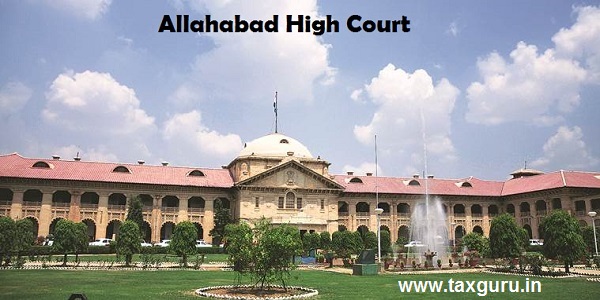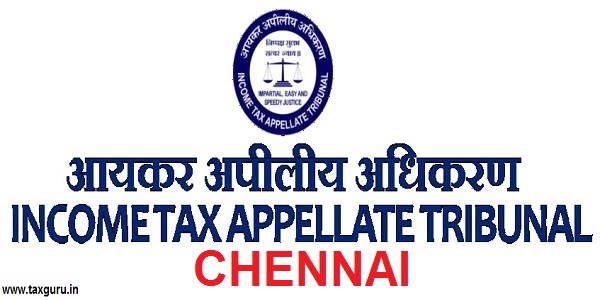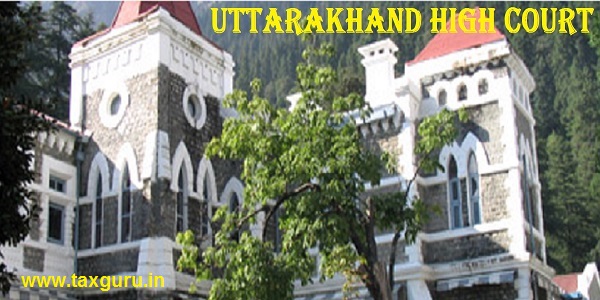GOVERNMENT OF NATIONAL CAPITAL TERRITORY OF DELHI
DEPARTMENT OF TRADE AND TAXES
VYAPAR BHAWAN, I.P. ESTATE, NEW DELHI-110 002
No.F.3(380)/Policy/VAT/2013/802-808 – Dated- 19.09.2013
CIRCULAR NO. 16 of, 2013-14
The Delhi Value Added Tax Act, 2004 (3 of 2005) has been amended vide Notification No. F.14(5)/LA-2013/Cons2Law/65 dated 09-09-2013 and made effective from 124)9-2013 vide Notification No. F.3(14)/Fin.(Rev-1)(2013- 14/dsVI/703 dated 11-09-2013 inter-alia amending Section 86(2) of the said Act to the extent of deleting the second proviso and substituting the section 35(2). Before amendment, the second proviso to the section 86(2) provided for –
“PROVIDED FURTHER that the penalty imposed under this section can be remitted where a person is able to prove existence of a reasonable cause for the act or omission giving the to penalty during objection proceedings under section 74 of this Act.”
The aforesaid proviso provided that penalty imposed under section 86 by Assessing Authority (AA) in pursuance to provisions under section 33, for the omission or act, through a notice issued in form DVAT-24A, can be remitted by Objection Hearing Authority (OHA) if the objector prove existence of reasonable cause for the act or omission.
It is being claimed that the power of remission is no longer available to OHA after deletion of the said proviso. But, the explanation appended with section 33 provides that –
“a person may. if he disagrees with the notice of assessment, file an objection under section 74 of this Act.”
Also, an explanation after sub-section 20 of section 86 of the Act provides that –
“The liability to pay a penalty and the amount of the penalty may be the subject of an objection under section 74 of this Act.”
From the aforesaid explanations. it is amply clear that the right of objection is still available to the aggrieved person to make an objection, against the notice of penalty assessment, in accordance with the provisions of section 74 of Act.
Section 74 of the Act lays down the manner, period and other conditions under which an objection can be made and disposed of, sub-section 7 of section 74 provides that –
“Within three months after the receipt of the objection. the Commissioner shall either –
(a) accept the objection in whole or in part and take appropriate action give effect to the acceptance (including the remission of any penalty assessed either in whole or in part): or
(b) refuse the objection or remainder of the objection, as the case may……..”
From the foregoing, it is clear that the right to objection against the notice of penalty assessment is still available with the aggrieved person and deletion of the second proviso to section 86 has not effected that right. Secondly, the amendment has also not affected the power of OHAs as far as remission of penalty is concerned.
Further, it is also clarified in relation to the amendment carried out in section 35(2) of the Act that the balance amount in dispute. remaining after complying with the condition prescribed for entertainment of objection, shall not be recovered till the objection is firially settled. The recovery of the balance amount would depend upon the final outcome of the objection, If the objection is allowed. then the amount deposited for compliance would have to be refunded.






























late filing of return panelty rs 500 per day which date of effect from?